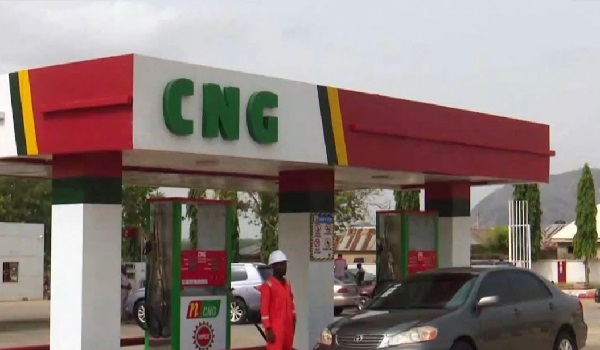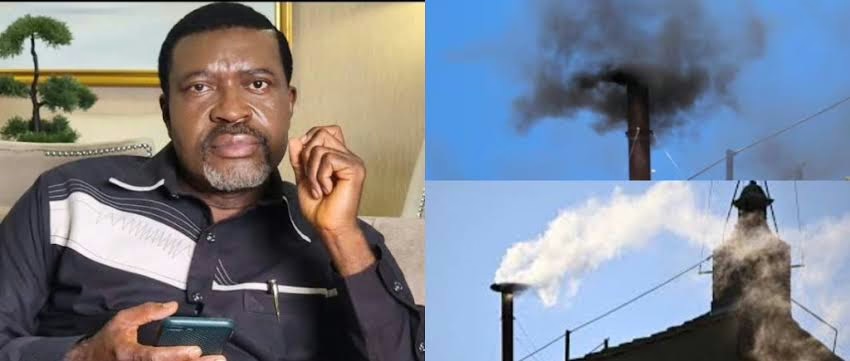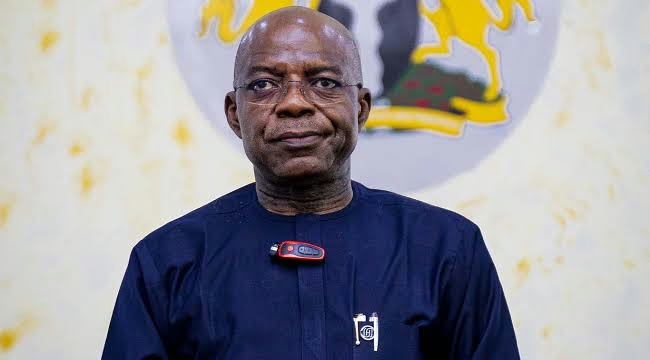In a strategic effort to reduce Nigeria’s dependence on imported and subsidized petroleum products, President Bola Ahmed Tinubu yesterday launched the Conversion Incentive Program, CIP, for Compressed Natural Gas, CNG, in Ibadan, Oyo State’s capital.
This initiative, part of his Renewed Hope Agenda, aims to encourage the adoption of a cleaner, more cost-effective, and reliable energy source for both transportation and industrial uses.
Representing the President at the unveiling, the Chief Executive Officer and Programme Director of the Presidential Compressed Natural Gas Initiative, P-CNGi, Michael Oluwagbemi, called on Nigerians to seize the opportunities available in the CNG sector.
Oluwagbemi underscored Nigeria’s vast natural gas resources, noting that 30 out of 36 states possess reserves that could sustain the nation for over a century.
He pointed out that utilizing CNG offers a simpler and more economical alternative to the construction of large-scale refineries, such as the Dangote Refinery.
The President’s representative also highlighted the numerous benefits of CNG, including its cleaner emissions, lower costs, and enhanced safety compared to traditional petroleum products.
He encouraged Nigerians to capitalize on the opportunities within the CNG sector and expressed confidence in the country’s ability to harness its own resources rather than relying on imported and subsidized fuels.
According to him: “Nigeria as a nation has continue to pay for expensive PMS and diseal that is not only deterous to our health but also our finances, the better way is for us to used what we have that is cleaner, cheapers, safer and more reliable.”
“This natural gas is everywhere across the nation, 30 out of 36 states in Nigeria has natural gas reserve, we have enough gas reserve to last us for more than 100 years as one of the largest gas reserve nation in the world and ranked as number one in Africa.”
“And to translate these gas either for transportation, fuelling generators or our industries, it is far more simpler than building a refinery.”
“Dangote refinery is about 650,000 barrels processing capacity per day which translate to about 100 million liters of petrol per day, this is equivalent to about 36 million vehicles, if you are to power 36 million CNG vehicles, you wont need the footprint of Dangote refinery, so, to get PMS is not only expensive but time and space consuming endeavours, and that is what makes PMS expensive.”
“With all these natural blessings, why would Nigerian live beside the ocean and be washing their hands with slit? why would we have these bountiful gas resouces which is easier to produce, cheaper on our pocket and cleaner for our environment and safer and not make good use of it?”
“If you get to petrol tankers accident, nine out of ten leads to explosion, but in case of CNG, one out of ten leads to explosion, CNG is eight times less explosive than diseal, 18 times less explosive than petrol,” he explained.
(allnews.ng)











Leave a Reply